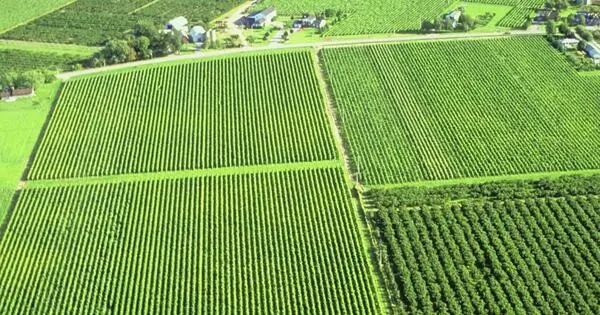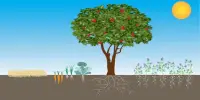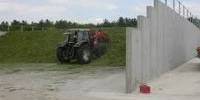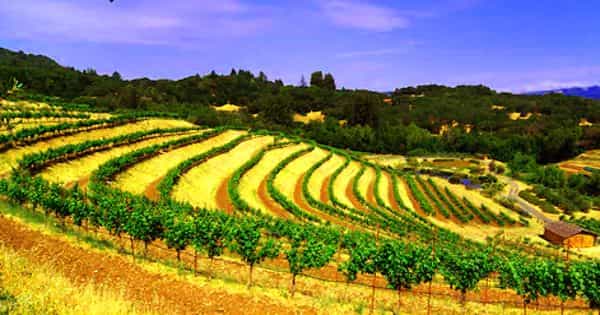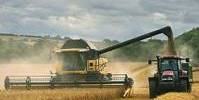Intensive crop farming is a modern industrialized crop-growing method. It is an agricultural approach that tries to increase crop yields and production on a given piece of land by using multiple inputs and modern farming techniques. It is also known as intense agriculture or high-input farming. This method differs from extensive farming in that it requires greater land expanses with fewer inputs per unit of land.
Intensive crop farming methods include agricultural machinery innovation, farming practices, genetic engineering technologies, approaches for obtaining economies of scale in production, the creation of new consumer markets, genetic information patent protection, and worldwide trade. These strategies are widely used in wealthy countries.
Industrial agriculture is a relatively new development in agricultural history, the product of scientific discoveries and technology developments. Beginning in the late nineteenth century, agricultural innovations often paralleled advancements in mass production in other industries that defined the second part of the Industrial Revolution. The discovery of nitrogen and phosphorus as key components in plant growth led to the development of synthetic fertilizers, allowing for more intensive agricultural production on farmland.
Key characteristics of intensive crop farming include:
- High Input Use: To maximize crop development and productivity, it makes significant use of inputs such as fertilizers, insecticides, herbicides, and irrigation. These inputs help crops get necessary nutrients, protect them from pests and diseases, and keep moisture levels stable.
- Monoculture: It frequently entails the cultivation of a single crop or a small number of crops on a specific plot of land. This specialization enables efficient resource allocation as well as the use of crop-specific methods.
- Mechanization: It frequently uses machines and technology to automate farming tasks including plowing, planting, harvesting, and watering. Mechanization improves efficiency while decreasing labor requirements.
- Genetic Improvement: Crop varieties are often carefully selected or genetically modified to enhance traits such as disease resistance, yield potential, and tolerance to specific environmental conditions.
- Precision Agriculture: Intensive crop farming often incorporates precision agriculture techniques, including the use of GPS technology, sensors, and data analysis, to optimize planting, irrigation, and fertilization practices. This helps farmers make more informed decisions and reduce resource wastage.
- Sustainable Practices: While intensive farming can sometimes raise concerns about environmental sustainability, many modern intensive farming operations strive to implement sustainable practices. This includes reducing the use of chemical inputs, adopting conservation tillage methods, and improving overall resource efficiency.
- High Yields: The primary goal of intensive crop farming is to achieve high yields per unit of land. This can help meet the growing global demand for food and agricultural products.
Intensive Management
Crops must be closely monitored and managed in intensive farming, which includes regular pest and disease monitoring, fertilizer management, and irrigation scheduling. However, intensive crop cultivation is not without its difficulties and drawbacks. If not carefully managed, it can cause soil deterioration, nutrient runoff, water pollution, and biodiversity loss. Furthermore, the high input costs associated with intensive farming might be financially difficult for some farmers.
Sustainable intensification strategies strive to maximize crop yields while reducing negative environmental consequences and assuring long-term agricultural productivity to solve these concerns. This entails a combination of cutting-edge technologies, optimal management practices, and an emphasis on environmental sustainability.
